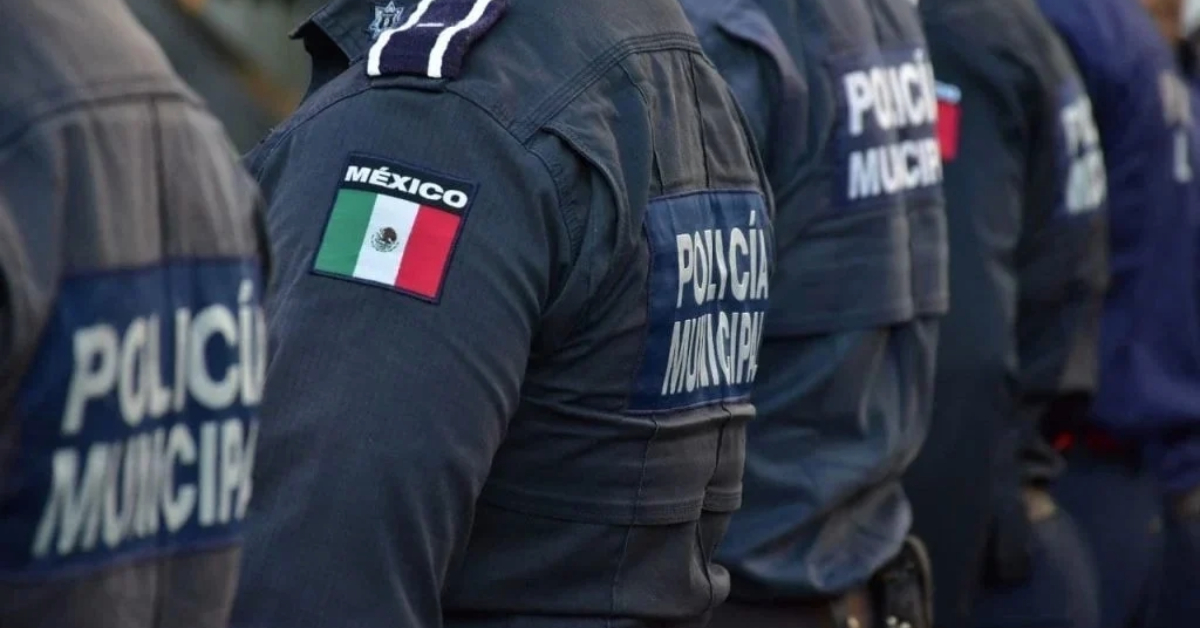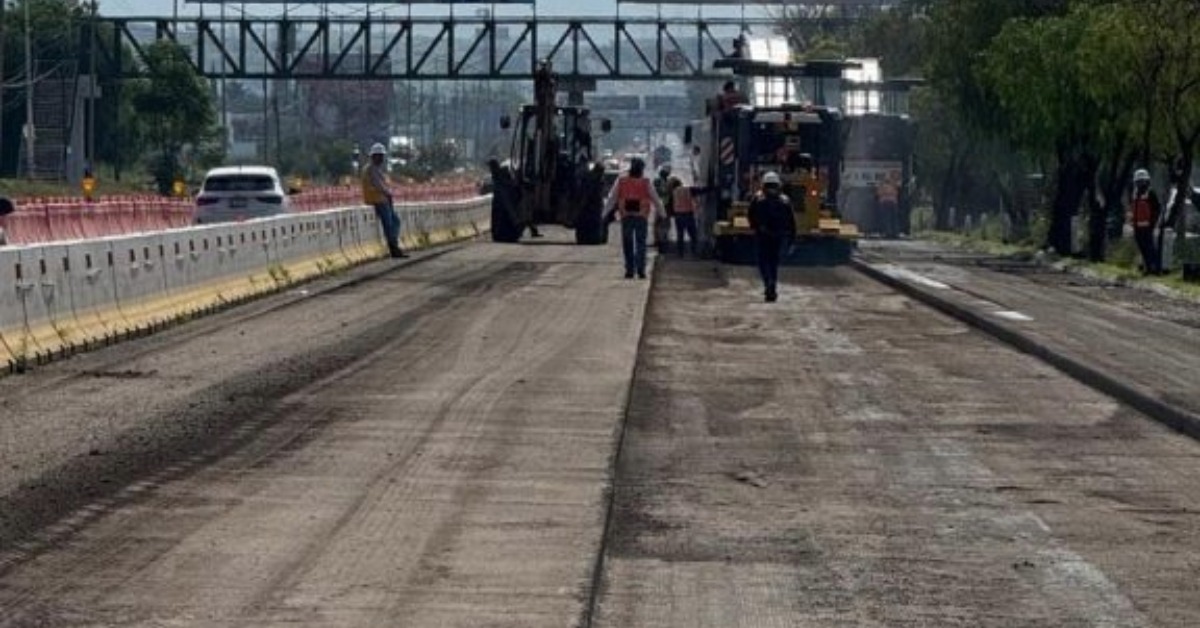Baja California faces a critical shortage of police recruits with only 140 applicants for 500 available positions, raising concerns about public safety.
Baja California is facing a growing public safety challenge as law enforcement agencies struggle to fill hundreds of vacant police positions. Despite having the budget and infrastructure to train up to 500 new officers, only 140 individuals have applied for police academy enrollment.
The figures reveal a significant shortfall in interest, leaving over 70 percent of available training spots empty. Both municipal and state police departments are affected, with . . .






